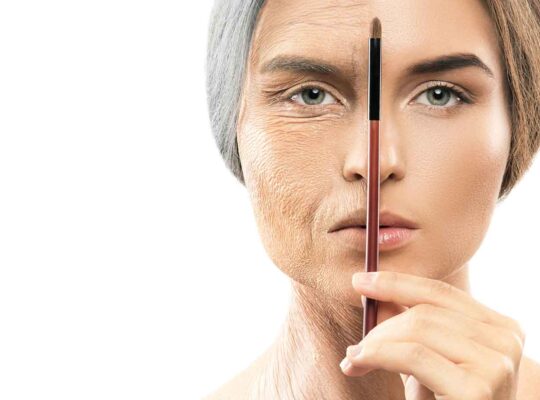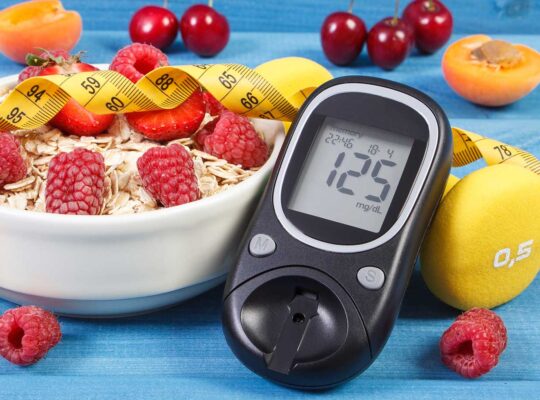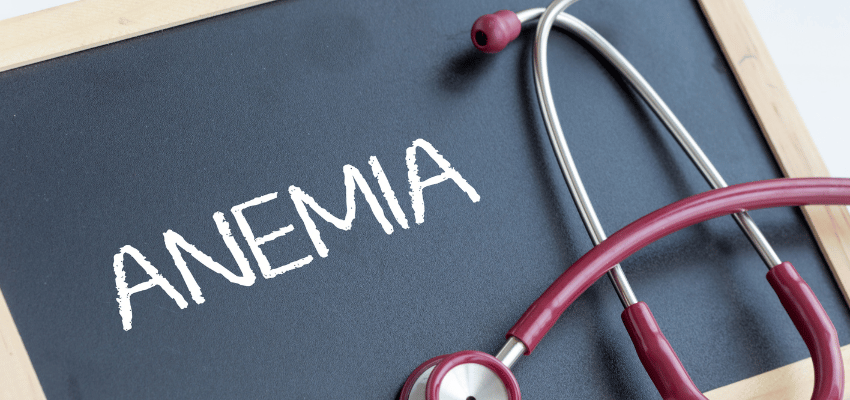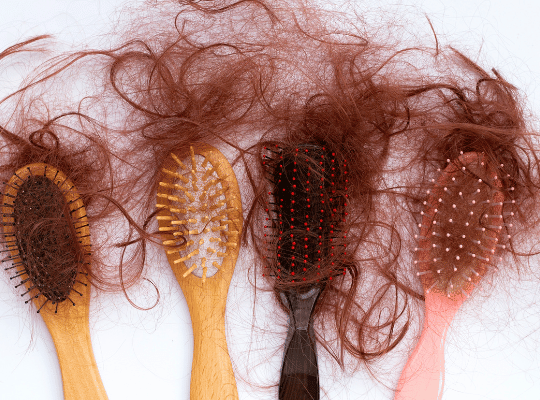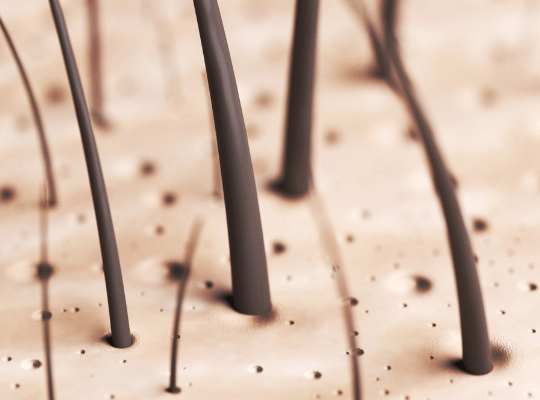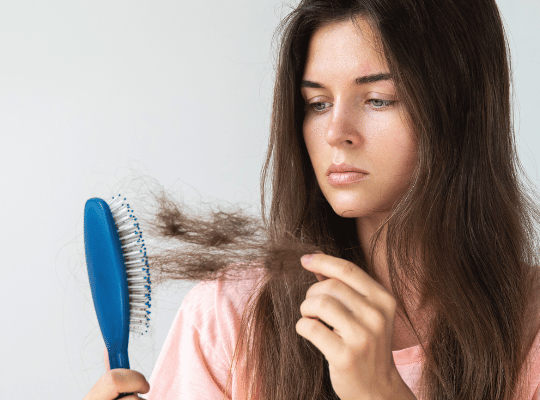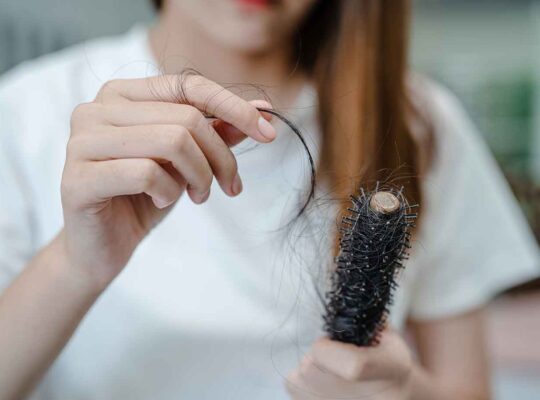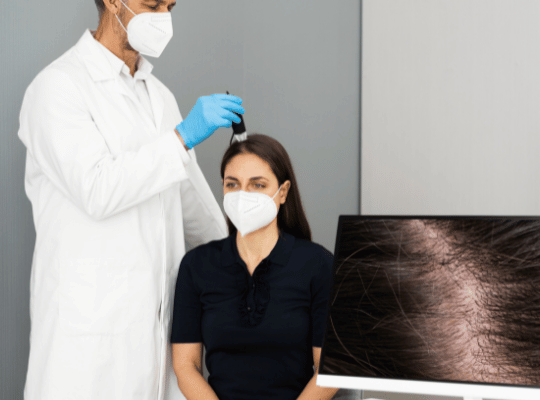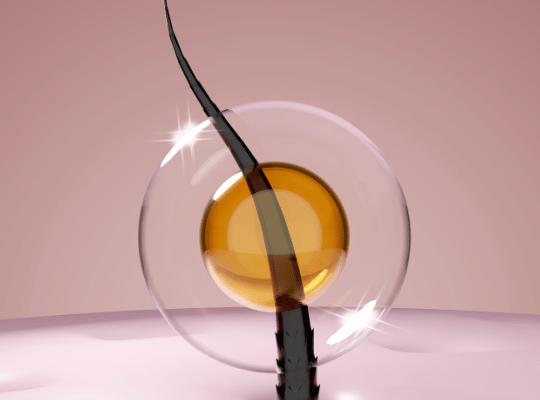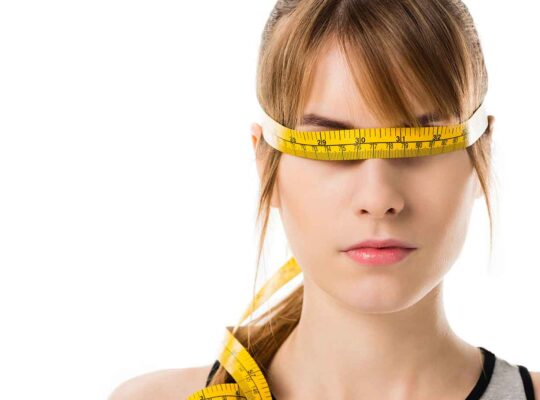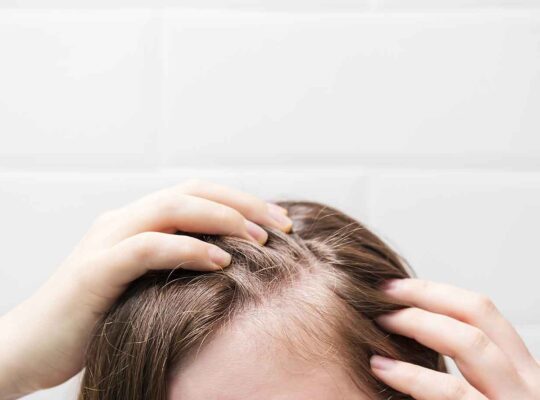Have you ever wondered if losing your hair could be related to something like anemia? Hair loss can be really upsetting, especially when you don’t know why it’s happening. One reason that many people don’t think about is anemia—a condition where your body doesn’t have enough healthy red blood cells to carry oxygen around. When your hair follicles don’t get enough oxygen, they might stop growing hair, leading to hair loss. Knowing how anemia and hair loss are connected is important because if you treat the anemia, you might also help your hair grow back.
What is Anemia?
Definition of Anemia
Anemia happens when your body doesn’t have enough red blood cells, or the cells don’t have enough hemoglobin, which is what helps them carry oxygen. Without enough red blood cells or hemoglobin, your body doesn’t get the oxygen it needs, which can make you feel tired, weak, and sometimes cause your hair to fall out.
Common Types of Anemia Associated with Hair Loss
There are different types of anemia, but some are more likely to cause hair loss:
- Iron Deficiency Anemia: This is the most common type, and it happens when your body doesn’t have enough iron to make hemoglobin.
- Vitamin B12 Deficiency Anemia: This type occurs when you don’t have enough vitamin B12, which is needed to make red blood cells and keep your nervous system healthy.
- Chronic Disease Anemia: This type of anemia is linked to long-term illnesses like kidney disease or autoimmune diseases, where your body has trouble making enough red blood cells.
Prevalence Statistics
Anemia is pretty common and affects about 1.62 billion people worldwide. In the U.S., around 3 million people are diagnosed with anemia each year. Iron deficiency anemia is especially common, particularly in women who have heavy periods or are pregnant, since they need more iron.
The Hair Loss-Anemia Connection
How Does Anemia Lead to Hair Loss?
Hair loss happens when the normal cycle of hair growth is disrupted. In anemia, your hair follicles don’t get enough oxygen because there aren’t enough healthy red blood cells. This lack of oxygen can cause your hair to stop growing and eventually fall out. Iron is really important for making hemoglobin, which helps carry oxygen to all parts of your body, including your scalp. When you don’t have enough iron, your body sends oxygen to more important organs first, and your hair gets left out.
The Role of Iron Deficiency in Hair Growth Cycle
Your hair grows in cycles: the anagen (growth phase), catagen (transition phase), and telogen (resting phase). Iron deficiency mainly affects the anagen phase, causing your hair to enter the telogen phase too early. This can lead to a condition called telogen effluvium, where more hair than usual falls out during the resting phase.
Signs and Symptoms of Anemia
Common Symptoms of Anemia
Anemia has a lot of symptoms, and some of them can be easy to miss:
- Feeling Tired and Weak: You might feel unusually tired or weak, even if you’ve had plenty of rest.
- Pale or Yellowish Skin: Your skin might look paler than usual, especially on your face or inside your eyelids.
- Shortness of Breath: You might get out of breath easily, even when doing simple things.
Specific Hair-Related Symptoms
When anemia is causing hair loss, you might notice:
- Thinning Hair: Your hair might start to look thinner all over your head.
- Excessive Shedding: You might find more hair than usual on your pillow, in the shower, or on your brush.
- Brittle Hair: Your hair might break easily or feel weaker than normal.
Other Physical Manifestations
Anemia can also cause other symptoms, like:
- Dizziness or Lightheadedness: You might feel dizzy or like you’re going to faint, especially when you stand up quickly.
- Cold Hands and Feet: Your hands and feet might feel cold, even when it’s warm outside.
- Chest Pain: In severe cases, anemia can cause chest pain or make your heartbeat feel off.
Diagnosis
Importance of Proper Diagnosis
Getting the right diagnosis is really important because hair loss can happen for lots of different reasons. If you think your hair loss might be due to anemia, it’s important to see a doctor who can run the right tests.
Common Tests Used to Diagnose Anemia
Doctors usually use a few tests to find out if you have anemia:
- Complete Blood Count (CBC): This test checks the levels of red blood cells, hemoglobin, and other parts of your blood.
- Ferritin Test: Ferritin is a protein that stores iron. Low ferritin levels mean your body’s iron stores are low.
- Serum Iron Test: This test measures the amount of iron in your blood.
Specific Tests for Iron Deficiency
If your doctor thinks you have iron deficiency anemia, they might do additional tests, like:
- Transferrin Saturation: This test measures how much iron is attached to a protein called transferrin, which carries iron in your blood.
- Total Iron-Binding Capacity (TIBC): This test checks how much iron your blood can carry.
Treatment Options
Conventional Treatments
Treating anemia can help stop hair loss and might even help your hair grow back. Here are some common treatments:
- Iron Supplements: If your anemia is due to low iron, your doctor might suggest taking iron pills. Sometimes, if the anemia is really bad, iron might be given through an IV.
- Dietary Changes: Eating more foods rich in iron, like red meat, leafy greens, beans, and fortified cereals, can help. If you’re low on vitamin B12, eating foods like fish, eggs, and dairy is important.
- Addressing Underlying Causes: If your anemia is caused by another condition, like a chronic illness or vitamin deficiency, treating that condition is key.
Alternative Approaches
Some people prefer to try alternative treatments, such as:
- Ayurvedic Treatments: Some herbal remedies, like Ashwagandha or Triphala, are thought to improve health and support hair growth, but there’s not much scientific proof.
- Topical Treatments: Besides treating anemia, using hair treatments like minoxidil might help hair grow back. It’s best to use these under a doctor’s guidance.
Prevention Strategies
Dietary Recommendations
Eating a healthy diet is really important for preventing anemia and the hair loss that comes with it:
- Iron-Rich Foods: Eat foods like lean red meat, fish, poultry, lentils, and spinach.
- Vitamin C: This vitamin helps your body absorb iron better. Include citrus fruits, tomatoes, and bell peppers in your meals.
- Vitamin B12 and Folate: Make sure you’re getting enough B12 and folate, which help your body make red blood cells. Good sources include eggs, dairy, and fortified cereals.
Lifestyle Changes
Along with a healthy diet, making some lifestyle changes can help prevent anemia:
- Regular Exercise: Staying active helps keep your blood flowing and your body healthy.
- Adequate Sleep: Make sure you’re getting enough sleep because your body needs time to recover and repair itself.
- Stress Management: Long-term stress can affect how well your body absorbs nutrients, so find ways to relax and reduce stress.
Regular Health Check-Ups
Regular check-ups with your doctor are important to catch anemia early and keep it from getting worse. If you notice any symptoms like hair loss or feeling tired all the time, it’s a good idea to see your doctor sooner rather than later.
Special Considerations
Anemia in Women
Women are more likely to get anemia, especially during their childbearing years, because of menstruation, pregnancy, and childbirth. Iron deficiency anemia is particularly common in women, so it’s important to make sure you’re getting enough iron and to watch for symptoms like tiredness and hair loss.
Exercise and Anemia
If you’re very active or an athlete, anemia can affect how well you perform. It’s important for active women to get checked for anemia, especially if they notice symptoms like unexplained tiredness, breathlessness, or hair loss. Eating well and taking supplements if needed can help keep your energy levels and hair healthy.
Table: Comparison of Hair Loss in Different Types of Anemia
| Type of Anemia | Severity of Hair Loss | Other Symptoms | Treatment Approach |
|---|---|---|---|
| Iron Deficiency Anemia | Moderate to Severe | Fatigue, Pale skin | Iron supplements, Diet changes |
| Vitamin B12 Deficiency Anemia | Mild to Moderate | Neurological symptoms | B12 supplements |
| Chronic Disease Anemia | Varies | Depends on underlying condition | Treat primary condition |
Conclusion
Hair loss due to anemia can be really upsetting, but it’s important to remember that it’s often reversible with the right treatment. By diagnosing anemia early and following the right treatment plan, you can help your hair grow back and improve your overall health. If you’re noticing symptoms like hair loss, tiredness, or dizziness, talk to your doctor. Getting help early can make a big difference.
FAQs About Hair Loss with Anemia
- Can anemia cause permanent hair loss?
- Usually, hair loss from anemia is temporary and can be reversed by treating the anemia.
- How soon will my hair start growing back after treating anemia?
- Hair can start growing back a few months after treatment begins, but it might take several months to see a lot of improvement.
- What foods should I eat to prevent hair loss from anemia?
- Eating iron-rich foods like red meat, leafy greens, and beans, along with vitamin C-rich foods like oranges, can help prevent anemia-related hair loss.
- Is it safe to take iron supplements for hair loss?
- Iron supplements are safe when taken as prescribed by a doctor. However, taking too much iron can be harmful, so it’s important to follow your doctor’s instructions.
- Can stress make anemia worse?
- Yes, long-term stress can make anemia worse by affecting how well your body absorbs nutrients, which can lead to hair loss.


